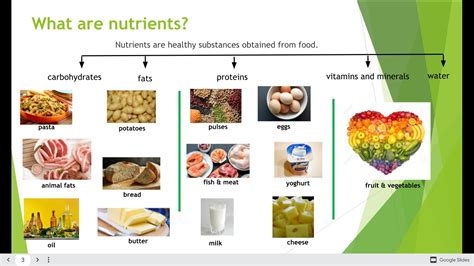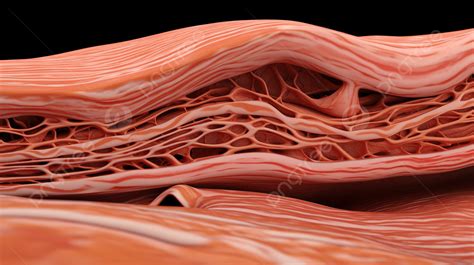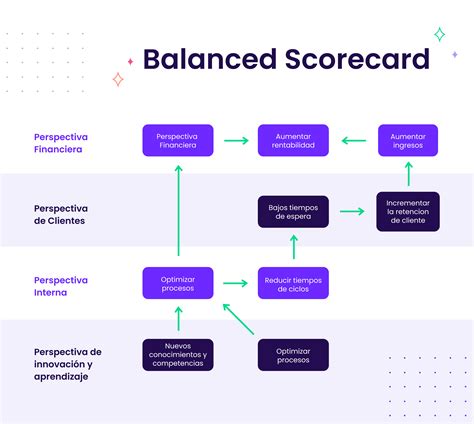What nutrient timing strategy fuels peak energy, mental focus, and muscle recovery for men?

The Science of Nutrient Timing for Men’s Performance
For men dedicated to optimizing their physical and mental performance, the ‘what’ and ‘how much’ of nutrition are just half the battle. The ‘when’—nutrient timing—plays a pivotal role in dictating energy levels, mental clarity, and the efficiency of muscle repair. It’s not about magic, but rather leveraging the body’s natural physiological windows to maximize the benefits of food. A well-executed nutrient timing strategy can be the differentiator between hitting a plateau and consistently achieving peak performance.

Pre-Workout: Fueling the Engine for Peak Output
The goal before a workout is to provide sustained energy and prime the body for intense activity, while also supporting mental focus. This typically involves a combination of complex carbohydrates and easily digestible protein.
- Carbohydrates: Consume 1-3 hours before exercise. Opt for complex carbs like oats, whole-wheat toast, or a banana to provide a steady release of glucose, preventing energy crashes. The amount depends on the intensity and duration of your workout.
- Protein: Include 20-30g of lean protein (e.g., Greek yogurt, eggs, chicken breast) to reduce muscle protein breakdown during exercise and kickstart recovery.
- Fats: Keep fats minimal in your immediate pre-workout meal as they slow digestion, which can lead to discomfort during exercise.
For enhanced mental focus, some men benefit from caffeine, consumed 30-60 minutes before a workout, but individual tolerance varies.
Intra-Workout: Sustaining Performance and Focus
For most men engaging in moderate-duration (less than 60-75 minutes) strength training or cardio, water and electrolytes are often sufficient. However, for longer, higher-intensity sessions or endurance athletes, intra-workout nutrition becomes crucial.
- Carbohydrates: 30-60g of fast-acting carbs (e.g., dextrose, maltodextrin, fruit juice) per hour can maintain blood glucose levels, delay fatigue, and preserve mental acuity.
- BCAAs/Electrolytes: Branched-chain amino acids (BCAAs) can help reduce muscle breakdown, while electrolytes are vital for hydration and preventing cramps, especially in hot environments.

Post-Workout: The Golden Window for Recovery and Growth
Immediately following exercise, your muscles are primed to absorb nutrients, making this a critical window for recovery, repair, and growth. This is where muscle protein synthesis is most responsive and glycogen stores are most efficiently replenished.
- Protein: Consume 20-40g of fast-digesting protein (e.g., whey protein, lean chicken, fish) within 30-60 minutes post-workout. This provides the amino acids necessary for muscle repair and rebuilding.
- Carbohydrates: Pair protein with 0.8-1.2g per kg body weight of fast-acting carbohydrates (e.g., white rice, potatoes, fruit, sports drinks). These rapidly replenish glycogen stores, which were depleted during exercise, and create an insulin spike that helps shuttle protein into muscle cells.
Combining protein and carbohydrates in the post-workout meal significantly accelerates recovery compared to consuming either nutrient alone.

Beyond Workouts: Consistent Fueling for Sustained Energy and Focus
While pre- and post-workout nutrition are critical, sustained energy, mental focus, and overall recovery also depend on consistent, balanced nutrition throughout the entire day. Don’t neglect your regular meals.
- Balanced Meals: Each main meal should include a source of lean protein, complex carbohydrates, healthy fats, and plenty of fiber from fruits and vegetables. This ensures a steady supply of nutrients, stabilizing blood sugar and supporting cognitive function.
- Hydration: Adequate water intake throughout the day is fundamental for all metabolic processes, energy production, and cognitive performance. Don’t wait until you’re thirsty to drink.
- Micronutrients: Ensure a rich intake of vitamins and minerals from whole foods. Deficiencies in key micronutrients (e.g., B vitamins, magnesium, iron, zinc) can severely impact energy levels, mental clarity, and recovery.
- Sleep: Often overlooked, quality sleep is when the body does most of its repair and recovery. Proper nutrition supports better sleep, which in turn enhances energy and mental focus.

Customizing Your Strategy
No single nutrient timing strategy fits all. Factors like individual metabolism, activity level, dietary preferences, and specific fitness goals (e.g., muscle gain, fat loss, endurance) will influence the ideal approach. Experiment and pay attention to how your body responds to different timing and macronutrient ratios. Consulting with a registered dietitian or sports nutritionist can provide personalized guidance to fine-tune your strategy for optimal results.
By consciously timing your nutrient intake, men can unlock greater energy reserves, maintain sharper mental focus throughout the day, and significantly accelerate their muscle recovery, paving the way for consistent progress and peak performance in all aspects of life.









